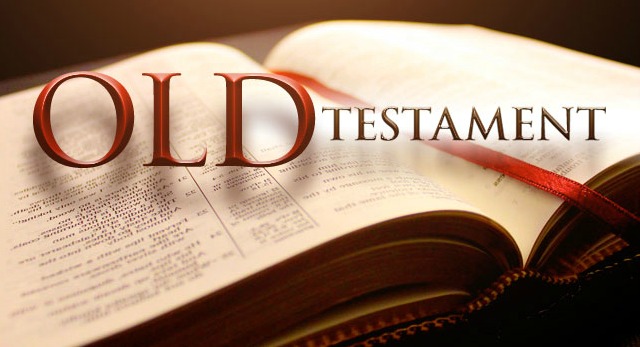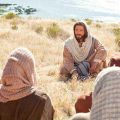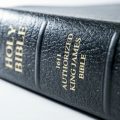Question
Gramps,
My question goes this way. Now in the modern world, all churches base their laws on the New Testament. Why can’t they remove the Old Testament from the bible?
Samuel
Answer
Dear Samuel,
I find the best way to answer this sort of question is to directly ask leaders and experts from the religions in question and listen sincerely to their response. Without putting words in anyone’s mouth, I would say the Old Testament is still valuable when studying the New Testament because it provides a context of the New Testament Jews. It contained the prominent literature so often quoted by Jesus and His apostles. And I would add also that the prophecies in the New Testament are fleshed out with other (or more) detail in the Old Testament (compare Daniel and Ezekiel with Revelation, for instance). That said, the best answer would be one given by someone from the churches you have in mind.
For The Church of Jesus Christ of Latter-day Saints, the Old Testament features prominently in our restored theology. Jesus Himself placed Joseph Smith’s First Vision in the context of a period of apostasy by quoting Isaiah. When Moroni later visited Joseph, four times he quoted Malachi, Isaiah, and Joel. In the Malachi passage cited, Moroni shared that one of the things to be revealed in this period of restoration was “the promised made to the fathers”. Soon thereafter, Joseph translated a teaching that the Savior gave to ancient Americans: “a commandment I give unto you that ye search these things diligently; for great are the words of Isaiah.” By the time the Church was formally organized in 1830, it was clear that the restored Church of Jesus Christ would not be allowed to ignore the Old Testament.
A short time later, Joseph Smith was commanded by the Lord to read through the Bible and restore teachings that had been lost. This work on the Joseph Smith Translation of the Bible generated a significant portion of the Pearl of Great Price. The Book of Moses restored lost teachings concerning Adam and Enoch. As a direct result, principles for building a latter-day Zion was revealed (see D&C 63, 101, 103, and 105, among others). More concerning the Abrahamic covenant was restored through the Book of Abraham, a translation of an ancient Egyptian papyrus. Melchizedek is fleshed out more in the JST, with subsequent revelations received of the priesthood passed down from father Adam until Noah.
Besides the theological influence the Old Testament has on the scriptures of the Restoration, a glance through the footnotes of the Doctrine and Covenants shows us that the Old Testament provides a literary genealogy for our modern revelations. Even the Song of Solomon, which Joseph Smith noted is “not inspired writings,” provides a poetic phrase for some of these revelations.
The Book of Mormon repeatedly tells that the covenants of the fathers will be fulfilled in the last days. And Moroni prophesied to Joseph Smith that the fathers’ promises would be revealed to him. These promises provide a language for testifying of God’s work in the last days. But more than that, these Old Testament promises and covenants are part of the ongoing restoration. More than a decade after Moroni’s visit, Joseph testified: “it is necessary in the ushering in of the dispensation of the fulness of times, which dispensation is now beginning to usher in, that a whole and complete and perfect union, and welding together of dispensations, and keys, and powers, and glories should take place, and be revealed from the days of Adam even to the present time.” The dispensation of the fulness of times “gathers together in one all things in Christ,” including all previous dispensations from the Old Testament and the New Testament, and the Book of Mormon (another testament of Jesus Christ).
One last note: Once you let go of the stereotypes about the Old Testament beaten into the modern brain, and study it willing to see what’s really there, you find abundant witness of the mercy and generosity of God. It’s also the best volume for studying some topics – like the Sabbath and tithes and offerings.
Gramps







